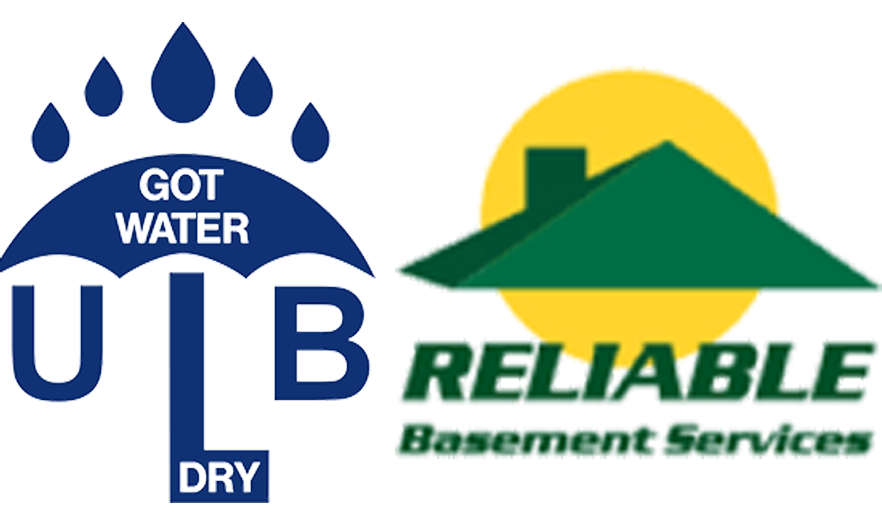Many people think the worst time of year for a basement is during the rainy season. Constant rain and flooding will definitely stress your basement’s ability to keep water out of your home. Water leaks and flooding are bad enough, but the inevitable mold growth they cause is even worse. Unfortunately, if your basement has not been waterproofed by a professional, the winter months can be just as bad as the worst rainy season.
When the ground is above freezing temperature, the snow melts instantly turning into water, which has the same effect as rain. When the ground is below freezing, the sticky snow accumulates, waiting for the temperature to rise so it can turn into a torrent of water. When water accumulates near your home, the water seeps in through the porous surface of cinder and brick. A sudden temperature drop can freeze the water, weakening the integrity of your foundation.
When the temperature goes back up, the miniature cracks have grown slightly larger (from the ice), allowing the trapped water to flow more freely into your basement than ever before. The last thing you want is to step into a flooded basement!
Basement Waterproofing Tips for Winter
- Don’t Wait for Winter to Waterproof Your Basement – If you are planning to waterproof your basement with a professional waterproofing company, take care of it before winter! Cold weather makes it difficult for contractors to work outside, and freezing temperatures make it almost impossible to dig into the ground.
- Don’t Pile Snow near your Home – When the snow falls and it’s time to clear the driveway, avoid piling snow against your home. Snow piles are a torrent of water waiting to leak into your home. Changes in temperature can cause ice dams to form, which can weaken the walls of your basement. Water expands and contracts as it freezes and thaws, which is something you DO NOT want happening anywhere near your basement walls.
- Keep Your Gutters Clean to Drain Away Melting Snow from the Roof – Make sure your gutters are guiding water safely away from your home. Don’t allow water to pool near your home’s foundation otherwise, it will find a way into your basement. Melting snow water should drain at least 5 feet away from your house or be allowed to flow away from the house properly. Before winter arrives, it’s a good idea to check your gutters to make sure they are free and clear of leaves and debris from the Fall season. Not only will this prevent damage to your roof and gutters when the snow comes, but it ensures that melting snow is able to flow away from your home’s foundation. A sudden warm day can wreak havoc on a roof that has even a few inches of snow on it.
- Winter Sump Pump Care – Double-check that your sump pump hose does not have low spots for water to collect. The discharge should flow away from your home, freely. If the water collects and freezes, it will more than likely stop the sump from working or even cause permanent damage to the unit.
For you, professional waterproofing needs to contact ULB-DRY Waterproofing for a free estimate (708) 978-7558.





